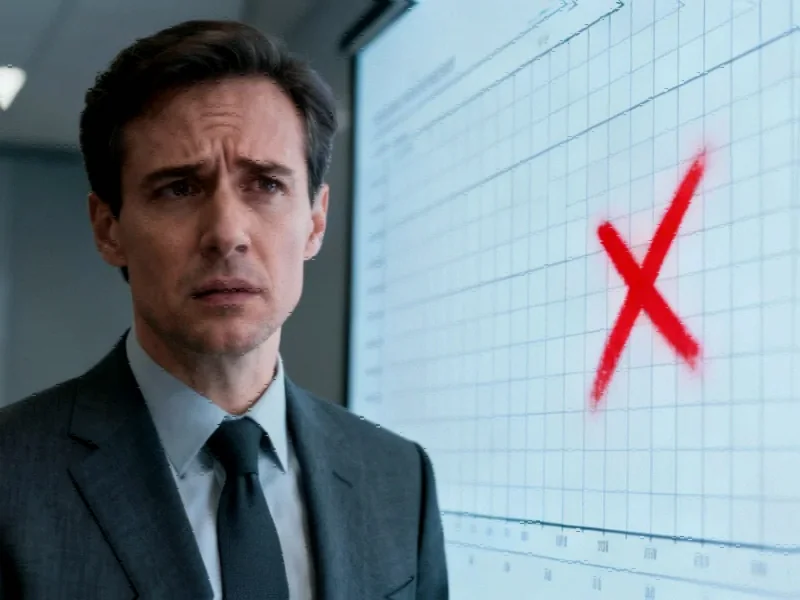According to Wccftech, Electronic Arts has confirmed its $55 billion acquisition by a consortium including Silver Lake and Saudi Arabia’s Public Investment Fund, following initial reports in late September. The deal involves EA taking on $20 billion in debt and has raised questions about creative control and company culture under new ownership. In an updated FAQ for employees, EA claims it will “maintain creative control” and that its “track record of creative freedom and player-first values will remain intact.” The company also addressed AI implementation, describing its approach as “thoughtful” and “steady,” despite internal reports suggesting aggressive AI tool deployment causing workflow issues.
The Creative Control Promise Meets Financial Reality
When a company takes on $20 billion in debt through an acquisition, creative freedom inevitably faces financial pressure. The SEC filing documentation reveals the massive financial restructuring involved, creating immediate pressure to generate returns that justify the investment. Historically in gaming acquisitions, initial promises of creative autonomy often give way to demands for safer, more profitable projects. We’ve seen this pattern repeatedly – from Activision’s post-acquisition focus on established franchises to Zynga’s shift toward proven monetization models after going public.
The Saudi PIF Factor: Beyond the Investment
Saudi Arabia’s Public Investment Fund represents more than just capital – it’s part of the kingdom’s broader Vision 2030 economic diversification strategy. While EA’s internal FAQ emphasizes the consortium’s belief in their vision, the reality is that sovereign wealth funds typically have strategic objectives beyond pure financial returns. The gaming industry should watch for subtle influences on content decisions, particularly regarding regional sensitivities or global political positioning. This isn’t necessarily about direct censorship, but rather the gradual shaping of creative direction to align with broader geopolitical interests.
The AI Implementation Gap: Corporate vs Developer Reality
EA’s description of a “thoughtful, steady approach to AI” contrasts sharply with employee reports of aggressive tool deployment causing workflow disruptions. This disconnect between corporate messaging and developer experience reveals a fundamental challenge in gaming’s AI transition. When AI tools generate code that requires manual fixing, as reported, it doesn’t streamline development – it creates new layers of technical debt and quality assurance challenges. The industry is learning that AI implementation requires careful balance between efficiency gains and maintaining development quality standards.
What This Means for EA’s Major Franchises
The acquisition creates particular uncertainty for franchises with political or social elements. Games like Battlefield, with their military themes, or titles featuring diverse character representation, may face new scrutiny under ownership with specific regional perspectives. The Fatal Fury/Ronaldo situation mentioned in coverage illustrates how ownership influence can manifest in seemingly minor but telling creative decisions. For developers working on politically sensitive content, the assurance of creative freedom may feel increasingly tenuous as financial pressures mount.
Broader Industry Implications
This acquisition sets a new benchmark for gaming company valuations and signals increased interest from sovereign wealth funds in the entertainment sector. Other major publishers will now face pressure to demonstrate similar valuation potential, potentially accelerating industry consolidation. The deal also raises questions about how creative independence can be maintained when gaming companies become instruments of national economic strategy. As the line between entertainment and geopolitics blurs, the entire industry must consider what safeguards are necessary to protect artistic integrity from becoming collateral damage in larger economic and political agendas.




Это было невероятно полезно и легко понять. Я многому научился.
Well written and engaging. A pleasure to read from start to finish.
Thanks for sharing your thoughts. Very insightful and thought-provoking.